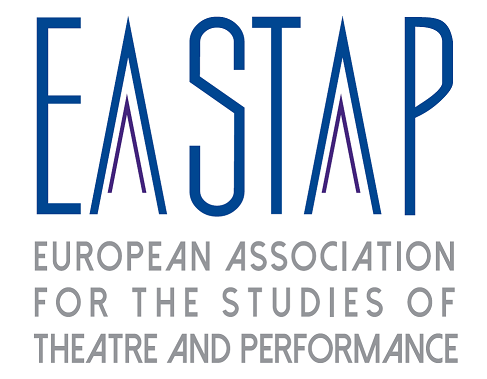The Ghent Manifesto
When, in the season 2018-2019, Milo Rau assumed the role of artistic director of the NTGent, the largest ensemble theatre in the Flemish-speaking world, he decided to put down ten rules that each production has to follow at least partially. He conceives them as the first step of the project for the ‘city theatre of the future’, that implies the idea of a theatre ‘really acting’ in the social context. The rules don’t concern the aesthetics but the production method, with very strong political implications to face, in an unusual way, the globalization. They are a possible answer to a series of questions that Milo Rau asks, first of all, to himself and that can work as the guidelines for a ‘new’ theatre in the ‘new’ century: ‘What does a city theatre of the future really look like? Who works in it, how do you rehearse in it, how is it produced and toured? How can the desire for free modes of production, for collective and contemporary authorship, for an ensemble theatre that not only discusses a globalisedworld, but reflects it and influences it, be brought into a set of rules? How do you force an institution that has grown old to free itself and become again the boards that “mean the world”?’1
One: It’s not just about portraying the world anymore. It’s about changing it. The aim is not to depict the real, but to make the representation itself real.
Two: Theatre is not a product, it is a production process. Research, castings, rehearsals and related debates must be publicly accessible.
Three: The authorship is entirely up to those involved in the rehearsals and the performance, whatever their function may be – and to no one else.
Four: The literal adaptation of classics on stage is forbidden. If a source text – whether book, film or play – is used at the outset of the project, it may only represent up to 20 percent of the final performance time.
Five: At least a quarter of the rehearsal time must take place outside a theatre. A theatre space is any space in which a play has been rehearsed or performed.
Six: At least two different languages must be spoken on stage in each production.
Seven: At least two of the actors on stage must not be professional actors. Animals don’t count, but they are welcome.
Eight: The total volume of the stage set must not exceed 20 cubic metres, i.e. it must be able to be contained in a van that can be driven with a normal driving licence.
Nine: At least one production per season must be rehearsed or performed in a conflict or war zone, without any cultural infrastructure.
Ten: Each production must be shown in at least ten locations in at least three countries. No production can be removed from the NTGent repertoire before this number has been reached.
Ghent, 1 May 2018
1. Milo Rau, Globarer Realismus. Global Realism (Gent: NTGent & International Institute of Political Murder, 2018), 279.
